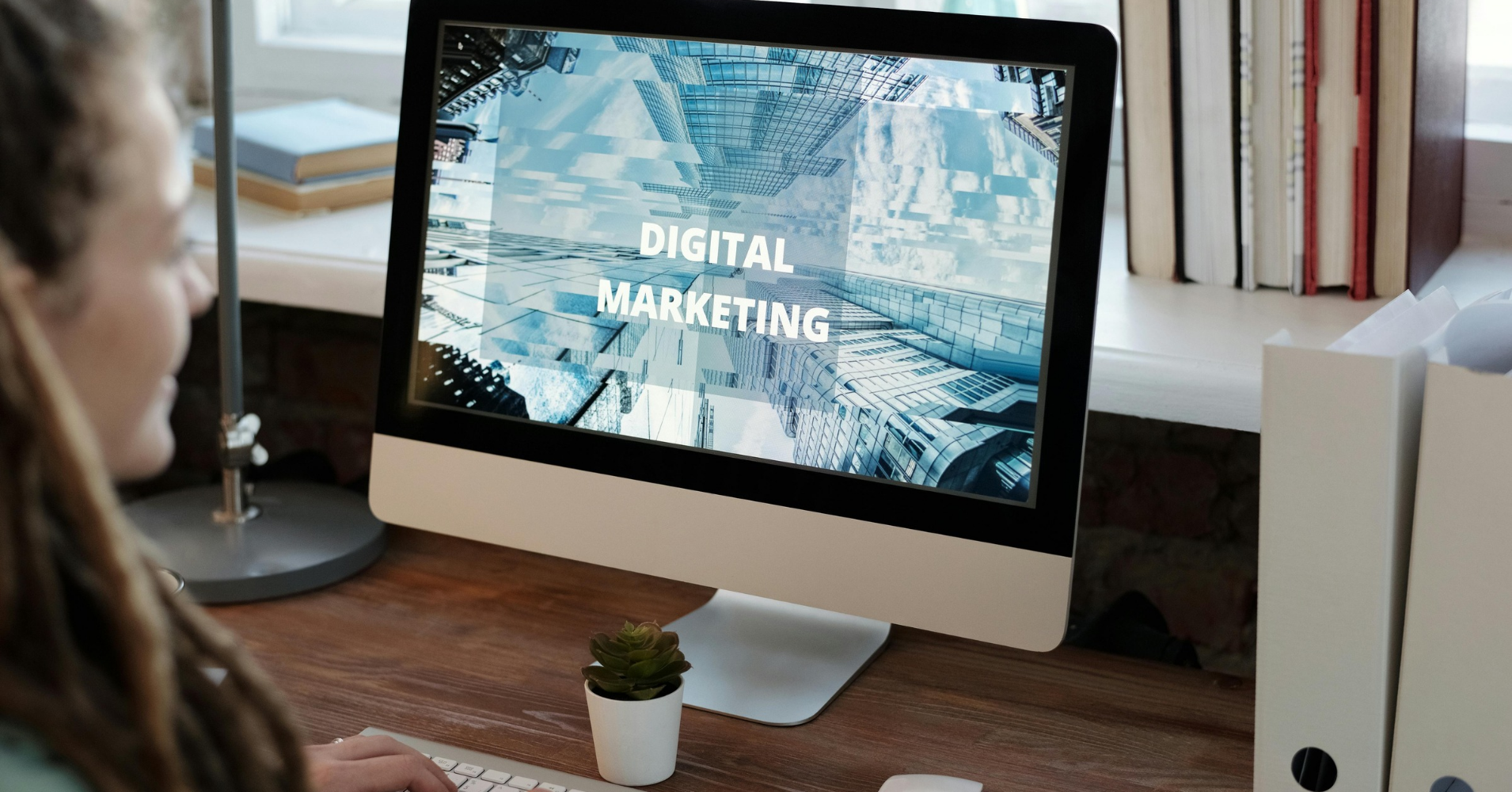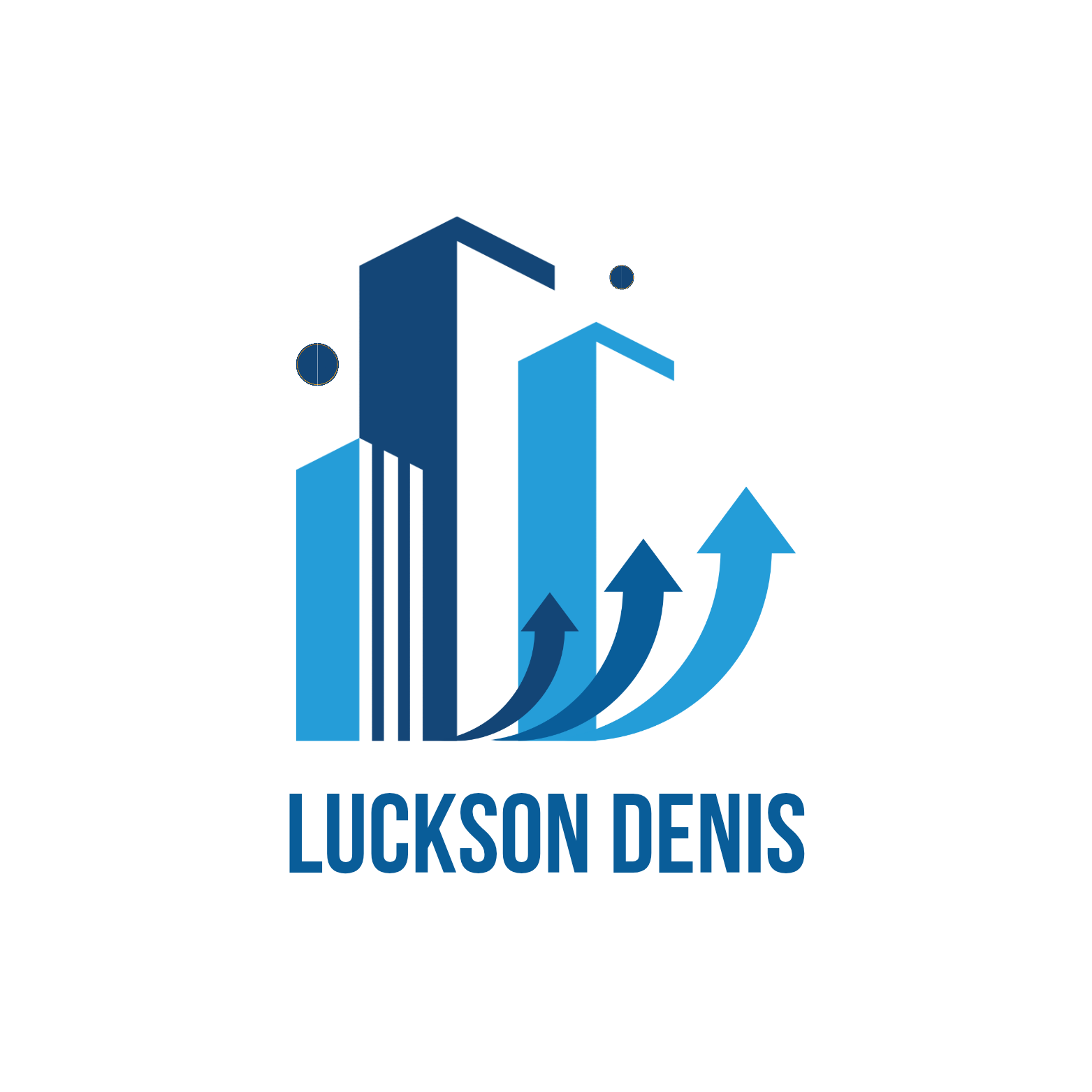BLog
Want to Learn About Marketing?
What Is Digital Marketing and Why Every Business Needs It

By Luckson Denis — Freelance Digital Marketer & SEO Strategist
The New Era of Marketing
We live in a digital-first world. Every day, billions of people use the internet to search, shop, learn, and connect. From social media to Google, from email to online ads — your customers are already online.
If your business isn’t visible there, you’re invisible to most of your market.
That’s where digital marketing comes in — the art and science of promoting your brand, product, or service through online platforms.
As a digital marketing freelancer, I’ve seen small businesses grow into recognized brands simply by mastering digital strategies. So today, let’s break down what digital marketing truly is, why it’s essential, and how you can use it to grow your business in 2025 and beyond.
1. What Is Digital Marketing?
Digital marketing is the use of digital channels — like search engines, websites, social media, email, and online advertising — to connect with potential and existing customers.
It includes several branches:
SEO (Search Engine Optimization): improving your website’s visibility on Google.
Content Marketing: creating blogs, videos, and resources that attract and educate.
Social Media Marketing: building relationships on platforms like Facebook, Instagram, TikTok, or LinkedIn.
Email Marketing: nurturing leads with personalized messages.
Paid Advertising (PPC): using ads on Google or social media to reach targeted audiences fast.
Analytics and Optimization: measuring performance to improve results.
The beauty of digital marketing is that it’s measurable, flexible, and accessible — even for freelancers or small businesses with modest budgets.
2. Why Every Business Needs Digital Marketing
a. Your Customers Are Online
Over 5 billion people use the internet daily. Whether you sell physical products, digital services, or consultations, your audience is already online.
Digital marketing allows you to meet them where they are — on search engines, social media feeds, or inboxes.
b. It’s Cost-Effective
Traditional advertising (TV, radio, billboards) can cost thousands per month. Digital marketing, however, allows you to reach more people for a fraction of the price.
With $10 a day on Facebook or Google Ads, you can reach hundreds of highly targeted users — people actually interested in what you offer.
c. It Builds Trust and Authority
When you publish valuable content — blog posts, videos, case studies — you don’t just advertise; you educate.
That positions you as an expert. And in marketing, people buy from experts they trust.
d. You Can Measure Everything
Every click, visit, and conversion can be tracked. This means no wasted money and no guesswork — you can see exactly what’s working and improve it continuously.
3. The Main Components of Digital Marketing
Let’s go deeper into the pillars of a successful online presence.
a. SEO (Search Engine Optimization)
SEO is the foundation of digital marketing. It’s how you get found on Google without paying for ads.
Example:
If someone types “best digital marketing freelancer near me” — your goal is to appear on the first page.
Key elements of SEO include:
Keyword research
Optimized website content
Quality backlinks
Fast, mobile-friendly design
Regular content updates
When done correctly, SEO brings free, long-term traffic that continues to grow over time.
—
b. Content Marketing
“Content is king.”
But valuable content is what converts visitors into clients.
Examples of great content:
Blog posts that solve problems
Tutorial videos and short Reels
Ebooks or guides
Infographics
Case studies
Content marketing builds a long-term relationship with your audience — they start seeing you as a trusted authority, not just another advertiser.
—
c. Social Media Marketing
Platforms like Facebook, Instagram, LinkedIn, TikTok, and YouTube allow brands and freelancers to share their voice and personality.
As a freelancer, your personal brand is your strongest weapon.
Show your work, your process, your results.
Social media isn’t just for entertainment — it’s a sales engine when used strategically.
Pro tip:
Use storytelling. People connect with stories more than slogans.
Instead of saying, “I do digital marketing,” say “Here’s how I helped a local store triple its sales in 3 months using digital ads.”
—
d. Email Marketing
Email marketing remains one of the highest ROI tools in digital marketing — for every $1 spent, you can earn up to $40 in return.
By collecting emails (through your website or social media), you can:
Send newsletters
Share promotions
Build relationships
Turn cold leads into loyal clients
Automation tools like Mailchimp or ConvertKit make it easy to manage everything — even for freelancers.
—
e. Paid Advertising (PPC)
If SEO is a long-term strategy, paid advertising is the shortcut.
Platforms like Google Ads, Facebook Ads, and TikTok Ads let you reach your exact target audience — by age, interest, location, or even behavior.
Paid ads are especially useful when you’re launching a new product, promoting a service, or testing offers quickly.
4. How Digital Marketing Helps Freelancers and Small Businesses
As a freelancer myself, I know digital marketing is not just for big companies — it’s the great equalizer.
Here’s why:
You can compete with bigger brands using smart targeting.
You can grow an audience with minimal budget.
You can automate lead generation.
You can build credibility fast by showcasing your results.
For example, a freelancer offering graphic design or marketing services can publish weekly blogs (like this one), post daily on social media, and use email marketing to nurture leads.
All these steps build authority and attract paying clients — automatically.
5. Building Your Digital Marketing Strategy
Here’s a simple 5-step plan to start:
Step 1: Identify Your Audience
Who do you serve? What problems do they have?
The clearer your audience, the stronger your message.
Step 2: Build a Strong Website
Your website is your digital office.
Make sure it’s fast, mobile-friendly, and optimized for SEO.
Step 3: Create Valuable Content
Blog posts, videos, and social media tips should educate, inspire, and build trust.
Step 4: Drive Traffic
Use SEO, social media, and paid ads to bring people to your website or offers.
Step 5: Convert Visitors
Offer a free consultation, ebook, or discovery call to collect leads and close deals.
6. The Future of Digital Marketing (2025 and Beyond)
Artificial intelligence, automation, and personalization are shaping the next wave of digital marketing.
Tools like ChatGPT, Google Gemini, and Meta AI are making it easier to create personalized experiences for each user.
Businesses that adopt AI-driven strategies now will dominate the competition in the coming years.
But even with all these tools, the human touch still wins.
Authentic stories, trust, and expertise will always make the difference.
Your Business Needs to Be Where Your Clients Are
Digital marketing is no longer optional — it’s the foundation of growth.
Whether you’re a freelancer, small business owner, or entrepreneur, your success depends on your ability to reach, attract, and convert clients online.
Start today:
Build your presence.
Create value.
Be consistent.
If you need help creating a strategy that works for your business, I can help.
👉 I’m Luckson Denis, a digital marketing freelancer who helps businesses grow their online presence and turn clicks into clients.
Ready to take your business digital?
Let’s Get Started
Let’s connect and make your brand visible to the world.
